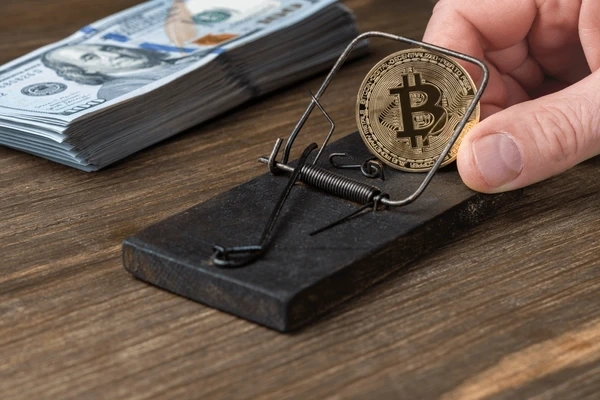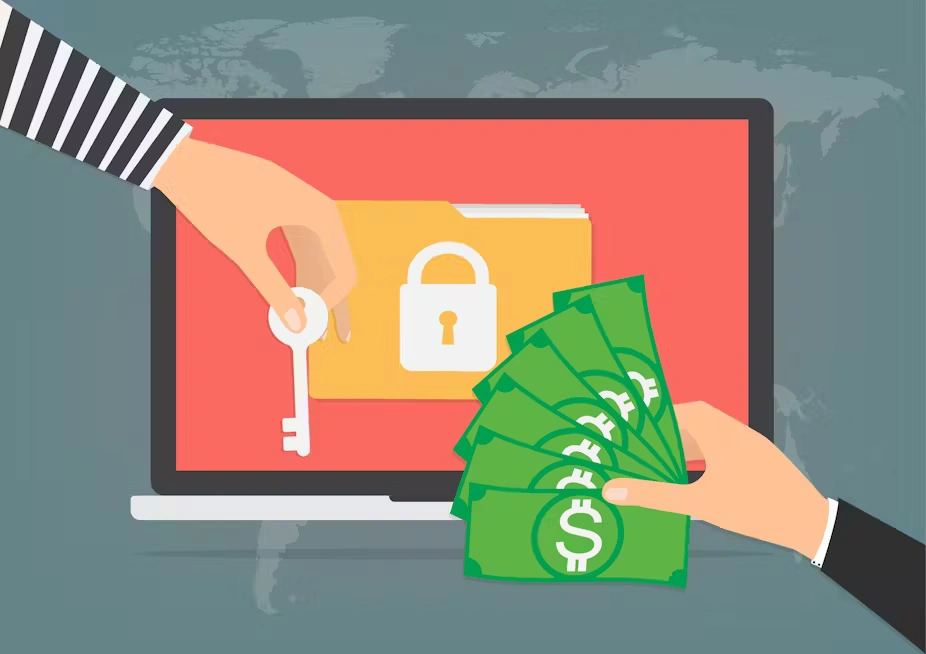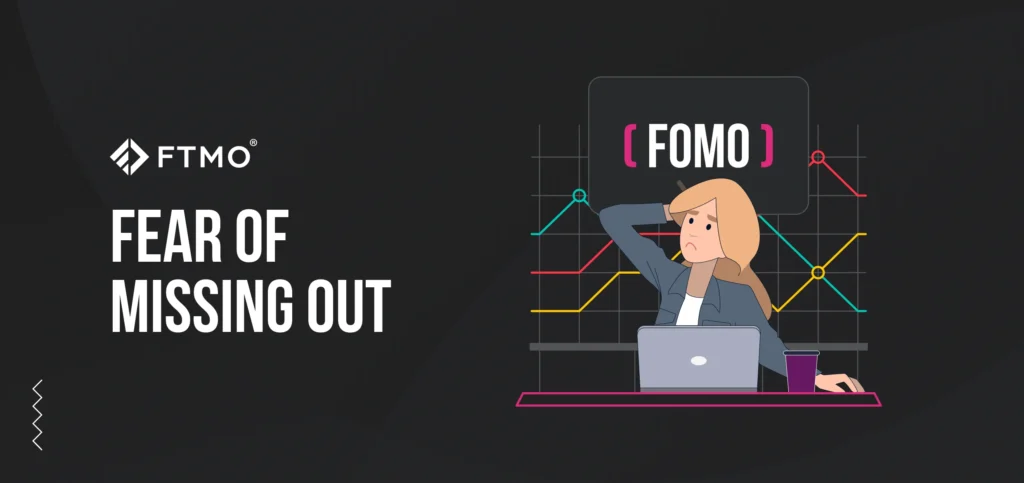Crypto markets continue to attract excitement and opportunity in Nigeria, but along with the promise comes a rising wave of common crypto traps. From fake celebrity endorsements to rug pulls and phishing scams, Nigerian investors are increasingly caught in schemes that can drain wallets and destroy trust. This report breaks down the most frequent traps hitting the market and offers practical tips on how to avoid them.
Common Crypto Traps: Fake Celebrity Endorsements Spark False Hype
One tactic scammers rely on heavily is fake celebrity endorsements. Posts claiming Elon Musk or other famous figures back a new coin flood social media feeds, catching the attention of eager investors. But these claims are usually baseless—scammers often deploy deepfakes or hacked accounts to lend false legitimacy. For Nigerian investors scrolling through fast-moving newsfeeds, it’s critical to pause and verify sources. Trusting unconfirmed endorsements can lead directly into a trap.

Rug Pulls: Disappearing Acts in Hot Crypto Projects
Rug pulls are among the most devastating common crypto traps, particularly in DeFi sectors that are booming in Nigeria. In these schemes, developers launch a token with an appealing website and whitepaper, then suddenly vanish after collecting investor funds, leaving liquidity dry and tokens worthless. It sounds like a horror story, but it’s a real and recurring issue. Always scrutinize a project’s team and liquidity details before committing funds.

Common Crypto Traps: Ponzi Schemes Masquerading as Passive Income Opportunities
Offers promising staggering returns—think “stake your tokens for 15% daily!”—are often too good to be true. Ponzi schemes work by using money from new investors to pay off earlier ones, creating an illusion of profitability that eventually collapses. Nigerian investors chasing quick passive income need to be wary. Legitimate platforms exist, but sky-high guaranteed returns should raise alarm bells.

Phishing Scams: The Quiet Threat to Your Crypto
Phishing scams represent a more subtle but equally dangerous common crypto trap. Victims receive emails or messages mimicking wallet providers or crypto support teams asking for private keys or personal info. In Nigeria, where WhatsApp and Telegram are common communication channels, scammers exploit trust and urgency to extract sensitive data. The rule here is simple: never share private keys and always verify URLs.

Impersonation Tokens and Fake Wallet Apps: The Double Danger
Another pair of traps Nigerian investors face involves impersonation tokens—copies of real coins with tiny tweaks designed to fool buyers—and fake wallet apps that steal private keys. Impersonation tokens look and feel like Bitcoin or popular tokens but aren’t. Meanwhile, fake apps, often downloaded from unofficial sources, capture credentials and drain wallets. The best defense is confirming token addresses and downloading wallets only from official sites.

FOMO-Driven Pump and Dumps: Emotion as a Weapon
Fear of missing out (FOMO) is a psychological tool used in many crypto scams. A coin surging 500% overnight can look like a jackpot, but it often signals a pump and dump—early insiders sell off, crashing the price and leaving latecomers with losses. Nigerian traders should approach rapid price jumps with caution and skepticism.

Unverified Smart Contracts: Hidden Risks in DeFi
DeFi protocols attract many Nigerian users but can also hide unverified smart contracts that allow malicious developers to drain funds without warning. These contracts may have hidden approvals or transfer capabilities that aren’t apparent from the surface. If the contract isn’t audited or verified, it’s best to steer clear.
Final Thoughts: Don’t Get Caught in Common Crypto Traps
Nigerian crypto investors operate in an environment full of opportunity but also significant risk. Common crypto traps aren’t just beginner errors—they’re ongoing challenges that even seasoned traders can face. The decentralized, irreversible nature of crypto means there’s no bank or regulator to turn to if things go south.
Vigilance, research, and a healthy dose of skepticism remain the best tools against falling victim. If something sounds too good to be true, it almost always is. Nigerian investors should stay informed and cautious, and always remember: controlling your assets means taking responsibility for protecting them.
Relevant news: here











